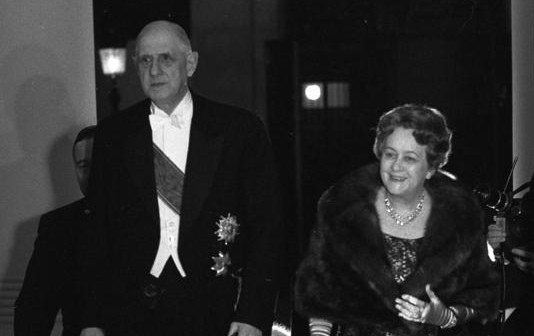A letter to the New York Times Book Review, March 22, 1998:
To the Editor:
I read the review of Nathan Miller’s ‘Star-Spangled Men’ (Feb. 22) by Douglas McGrath, who challenged the reader to produce a sentence with three prepositions in a row, after I had picked my copy of The New York Times up from under the front porch, thankful that I didn’t have to get it down from above the porch roof, and at the same time, knowing that the delivery boy usually threw it to within a foot of the door, leaving me a quick way back in out of the cold each morning, I decided not to yell at him, especially since an argument was not something I wanted to get into outside of the house at this time of the morning, but still thinking that this was a matter that should be taken up from inside of the house by writing a letter to the editor, being careful not to use up to over three or four prepositions in a row in any sentence.
George F. Werner
Edgewood, N.M.



